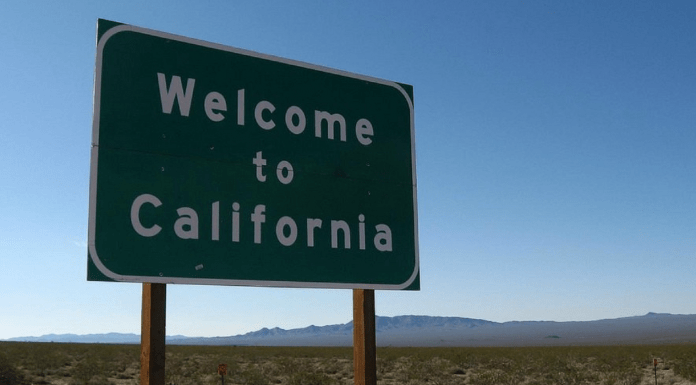(Molly Bruns, Headline USA) The California Air Resources Board is expected to pass regulations requiring 35% of new cars being sold in the state to be electric vehicles by 2026, and 100% by 2035.
The historic regulations would end the sale of gas or diesel cars in the state in13 years. According to Protocol, 19 other states ready to follow their lead.
While the ruling would not prevent drivers from owning and driving gas- or diesel-powered vehicles, Californians would be required to go to another state to purchase one such vehicle.
This action comes nearly two years after Democrat Gov. Gavin Newsom decreed that 100% of new car sales within the state would be required to be zero-emission by 2035.
The Air Resources Plan is part of California’s efforts to improve air quality, and will be regulating the number of new cars that must be electric by gradually working their way up to 100% zero emission sales by 2035.
Currently, the average cost for zero-emissions vehicles is $66,000, and the industry is facing a shorter of chargers to power the vehicles.
According to the American Economic Association, an outright ban of gasoline powered vehicles is likely the very worst plan for trying to level out carbon emissions, along with being an expensive and complicated endeavor.
“If you think about a ban in 2040—supposing there’s no behavioral response to that ban—we’d be expecting a massive transition in 2040,” said economist Stephen Holland in a podcast interview.
“All of a sudden, we’re going from happily making gasoline vehicles in 2039 to in 2040 making no more gas vehicles. How are we supposed to navigate that massive transition?”
Continuing his reasoning against an outright ban, Holland explained that it’s likely the ban would initially have the opposite effect the government is hoping for.
“The behavioral response to a ban in 2040 is to actually ramp up gasoline vehicle production in advance of that ban,” he explained. “Firms know that gasoline vehicles are going to be banned in 2040, so they are going to increase production of gasoline vehicles in 2038 and 2039, right before the ban.
“By giving them this target, it gives firms the incentive to do exactly the wrong thing.”
California is currently working ahead of national policy, but if the Biden administration has its way things could quickly change.
The recently passed Inflation Reduction Act includes tax incentives for electric vehicle owners, as well as $7.5 billion to plan and build a network of chargers for the vehicles.

